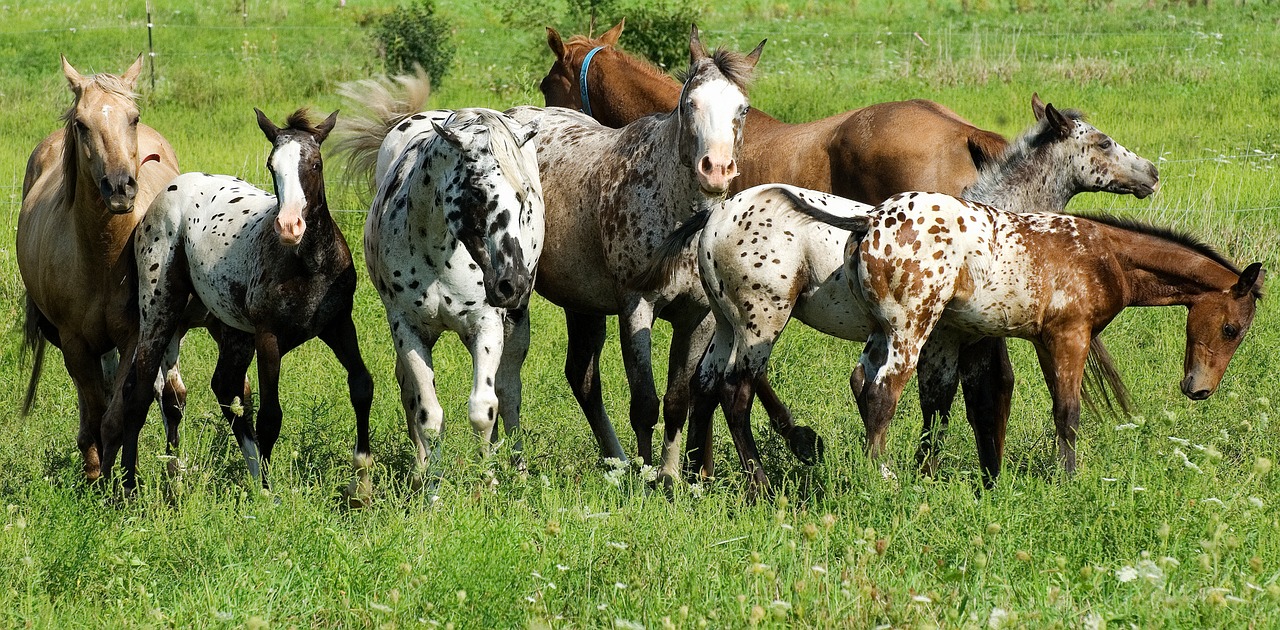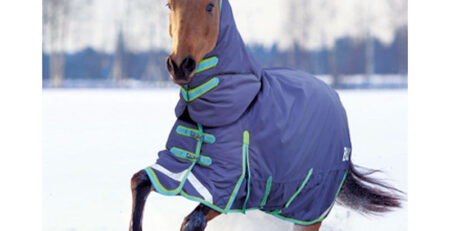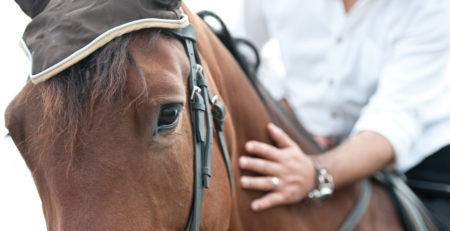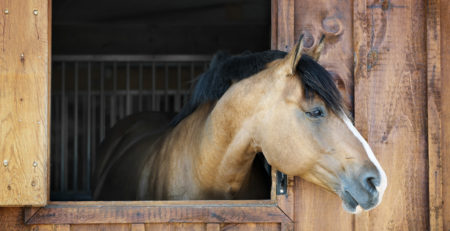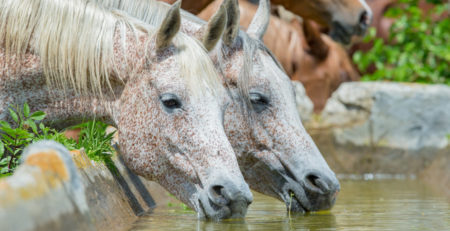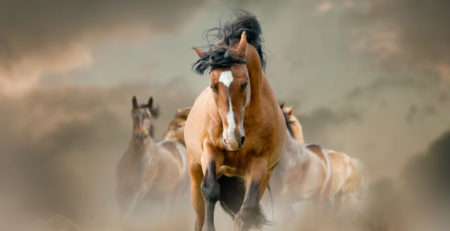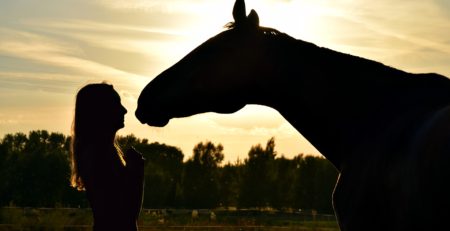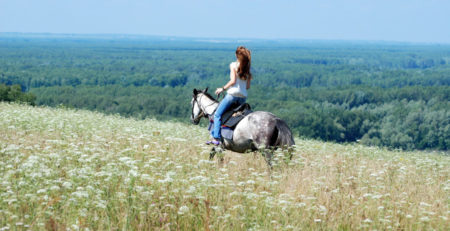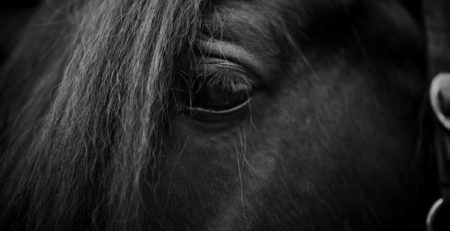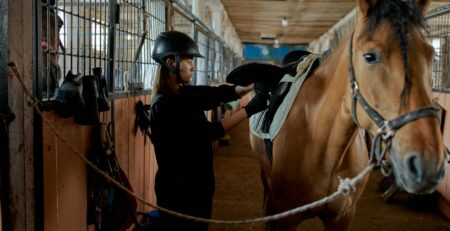Keeping Your Horse Cool and Healthy During Summer
As an equestrian, the long summer days offer an incredible opportunity to spend more quality time with your horse. However, the higher temperatures can also present challenges as horses are sensitive to the heat. Here’s a comprehensive guide on how to keep your horse cool in summer while also considering other seasonal issues like summer mud fever in horses and the nuances of clipping horses in summer.
Preparing Your Horse for the Summer Heat
The allure of the summer sun often urges us to turn our horses out to bask in the rays, but gradual and careful planning is essential to ensure both their health and the conservation of your pastures. In a dry summer, when grass growth may decelerate, consider rotating smaller paddocks to maintain grass levels.
Essential Strategies for Horse Health in Summer
Turnout Hours: As the weather improves it is time to think about changing your horse’s turnout hours. As the temperature heats up you might want to think about having your horse turned out at night rather than standing in the boiling hot sun. If you are lucky enough to have 24 hour grazing then make sure your horse has some shade available at all times. However, it’s important to plan ahead, introducing changes gradually for the health of your horse and to ensure the maintenance of your paddocks.
Grass: You may also need to keep a close eye on your horse as the extra grass during this time can cause unwanted weight gain. Remember, though, if we have a dry summer the grass growth may slow down so rotating smaller paddocks may be a good option to preserve the grass.
Shade: If your horse lives outdoors or must be outside during the daytime, provide shelter. A run-in shed is the best option, but trees can also provide cool shelter in hot weather. Also, don’t forget that white/grey horses are even more sensitive to the dangerous rays of the sun. Horses with pink around their muzzles or eyes can suffer from sunburn, so they need more attention in summer.
Hydration: For body maintenance, an average horse needs at least 5 gallons of water a day. This can easily double or triple when they’re working hard in hot weather, so make sure your horse is well-hydrated throughout summer. Keep several water sources available and refill the water buckets or troughs with fresh water every day. Also, troughs may be more likely to harbour algae, or the water turn stagnant when it is warm, so clean the troughs and buckets more often. If you are going out for a longer ride, consider the water needs of your horse.
Fresh Air: When the heat is too high, horses need more fresh air than normal. The air in the barn may need to be moved during summer, which can be achieved with fans to move the air, though pay attention to your horse’s safety when using the fans.
Minerals: When a horse sweats more, they need more minerals for their body maintenance. You can provide your horse with some salt blocks in the paddock.
Tack: As horses sweat more while exercising during the summer, you should use high-quality saddle pads and leg protection boots or wraps for their health. Make sure the saddle pad you use is made of 100% cotton to absorb the sweat and make sure material of the boots you use is breathable.
Fly Protection / Bugs: Mosquitos and flies are everywhere and annoy horses during the summer season. To keep mosquitos away, get rid of any standing, stagnant water in your horse’s stable or water trough. If you must keep your horse’s water standing in the barn or paddock, you can try adding some apple vinegar in it. To keep the flies from bothering your horse, muck out regularly, and keep paddocks poo picked on a daily basis if possible. Consider using a fly mask, fly spray/ gel or a fly rug.
Ragwort and Poisonous Plants: Now is the time when everything starts to grow – including those plants that we don’t want! Check paddocks daily and look out for the start of any poisonous plants including the dreaded Ragwort. Should any occur remove them from the root and dispose of them. Horses are more likely to eat such plants and weeds if the grazing is poor so make sure you keep a close eye on what is growing in your paddock and ensure your horse has sufficient forage.
Maintaining Safe and Comfortable Paddocks
Ensure paddock fencing is secure, especially as the ground hardens in the summer months. To address the social needs of your horse, provide a field companion if possible, and establish a routine to make the transition into summer smoother.
Fencing: Spring/Summer is a good time of year to make sure your paddock is safe and secure and do any maintenance jobs that are necessary. Get fencing sorted out before the ground really dries up and gets too hard to work with. Some horses can have more of a tendency to try and escape at night, so a safe, secure paddock is very important.
Buddy: Try to make sure your horse has company in his field or at least with a field mate next door. Horses are herd animals and are generally happier with their friends. Try to keep them in a good routine so they can adjust to the summer changes as easily as possible.
Summer Exercise and Cooling Down Your Horse
For exercise, opt for cooler parts of the day. Gradually cool down your horse after riding or training to prevent heat-related complications. A horse cooling sponge and a shady area to walk can aid in this process.
Staying Cool While Riding: Tips for Equestrians
The following tips will help you to enjoy a comfortable summer day ride and not get overheated.
- Use special clothing that repels the sun and retains moisture in the body. It sounds strange, but long-sleeve sweatshirts made of special material make you feel more comfortable while riding than sleeveless shirts.
- Retain moisture in the body and avoid overheating by choosing the right foods. Water-rich foods, such as strawberries, watermelons, or cucumbers, move more easily through your digestive system, allowing you to remain hydrated for a long time. At the same time, fatty foods or rich in complex carbohydrates will have the opposite effect. Your body is forced to heat up to digest this food and you will accordingly feel worse.
- Drink plenty of water while riding. Keep a thermos of ice-cold water on hand.
- Take along a cool bag in which to put a T-shirt and socks. If you feel worse, chilled clothing is a good solution. If you feel that you are on the verge of heatstroke, immediately seek help. A cooling blanket may be suitable as first aid.
- Use special equestrian products
Summer Grooming Essentials for Horses
Summer brings a unique set of grooming challenges for horses. Regular grooming isn’t just about cleanliness; it’s also an excellent time to check for issues like mud fever or insect bites, common in the warmer months. If your horse has a thick summer coat, consider the benefits of clipping. It not only makes your horse more comfortable but also helps in efficient sweat evaporation. Don’t forget to pay special attention to horses with pink skin around their muzzles or eyes, as these areas are more prone to sunburn. Use this grooming time to connect with your horse, watch for any discomfort, and monitor their general health status.
Diet Adjustments for Summer
A horse’s dietary needs can significantly change during summer. The abundance of grass might tempt your horse into overeating, resulting in unwanted weight gain. Controlling their pasture time and introducing a balanced diet can help maintain a healthy weight. Due to increased sweating, horses lose vital minerals; consider providing mineral supplements to counteract this loss. Remember, each horse is unique, so consult with a veterinarian or equine nutritionist to ensure your horse’s dietary needs are met.
Recognizing and Treating Heat Stress in Horses
Heat stress can have serious consequences on a horse’s health. Watch for signs like excessive sweating, rapid breathing, elevated heart rate, and lethargy. If your horse shows any of these signs, immediately move them to a cooler place, offer fresh water, and consider hosing them down with cool water. Contact your vet if the symptoms persist. Preventive measures like proper hydration, shade, and altering turnout hours can help avoid heat stress in the first place.
Enhancing Horse Comfort with Appropriate Summer Tack
Selecting the right summer tack can go a long way towards maintaining your horse’s comfort during the warmer months. Choose saddle pads and leg protection made of materials that effectively absorb sweat and promote breathability. Regularly check the tack for any heat-causing discomfort, like a pinching saddle or tight bridle. Regular cleaning and maintenance of your tack is also more crucial during summer to prevent bacterial build-up.
Planning for Longer Summer Rides
Long summer rides can be a delightful bonding time with your horse, but they require extra care. Ensure your horse has ample water access and consider carrying additional water on your journey. Schedule your rides to avoid the peak sun hours, and take frequent breaks to prevent overheating. Always remember, the heat affects not only your horse but also you. So, dress appropriately, stay hydrated, and enjoy the ride.
Preventing and Treating Summer Mud Fever in Horses
Summer mud fever, a painful bacterial infection causing scabs and sores, is more common during the warmer months due to increased rainfall and mud. Preventive measures include regular grooming to check for early signs, keeping your horse’s environment clean, and avoiding exposure to wet, muddy conditions. If you notice symptoms of mud fever, it’s crucial to seek veterinary advice immediately. Early treatment can drastically improve recovery and comfort for your horse.
Cool Your Horse Down
In conclusion, properly cooling down your horse, especially during the heat of summer, is crucial to prevent serious health complications. The last stretch of any workout should be tranquil, giving your horse a chance to catch their breath. Supply your horse with ample, cool water to quench their thirst. Utilize a horse cooling sponge and a method called ‘scraping’ to effectively lower your horse’s body temperature. Always make sure to provide a cool, shaded area for your horse to rest. Above all, relish the extended summer days and cherish the extra moments these afford you with your beloved equine companion. Keeping your horse cool and comfortable in the summer ensures their wellbeing and allows for many memorable summer rides together.

